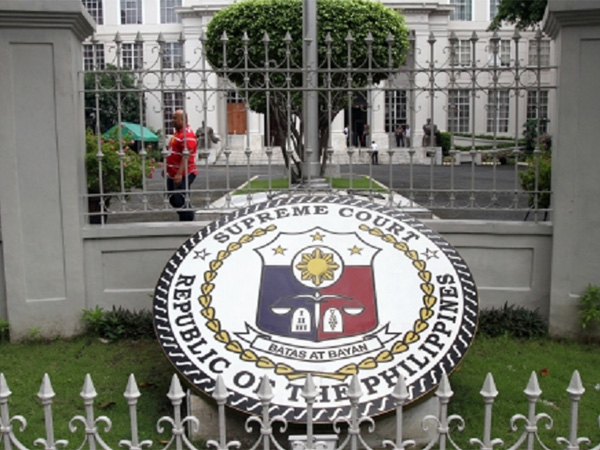SC declares void DOE, ERC’s ‘anti-consumer policies’ vs big power consumers
MANILA, Philippines — The Supreme Court (SC) has struck down the Department of Energy (DOE) and Energy Regulatory Commission’s (ERC) regulations that compelled big power consumers to source electricity from only a select group of accredited suppliers.
In a 37-page decision, promulgated on March 2 but uploaded in the high court’s website on Sept. 24, the SC granted the petitions that sought to void DOE Circular (DC) 2015-06-0110 and ERC Resolutions 5, 10, 11 and 28 concerning the implementation of the Retail Competition and Open Access (RCOA).
In the decision, the SC stressed that the DOE’s mandate is to formulate rules to achieve EPIRA’s objectives, and the ERC should enforce not “supplant” these rules with its own issuances, declaring the assailed issuances “void for being bereft of legal basis” and directed the ERC to promulgate supporting guidelines to the remedied 2017 circulars issued by the DOE.
According to the high court, the RCOA is a policy provided for under the Republic Act No. 9136 or the “Electric Power Industry Reform Act of 2001 (EPIRA)” that gives consumers the power to select their own supplier for their electricity needs.
Various groups including the Philippine Chamber of Commerce and Industry (PCCI) alleged that the DOE and ERC issuances are unconstitutional and go against consumers’ “power of choice.”
Respondents to the case were DOE Secretary Alfonso Cusi and the now-defunct ERC officials led by Chairman Jose Vicente Salazar, and Commissioners Alfredo Non, Gloria Victoria Yap-Taruc, Josefina Patricia Asirit and Geronimo Sta. Ana.
The said issuances had been the subject of a temporary restraining order (TRO) issued in February 2017.
READ: DOE, ERC stopped from implementing rules vs contestable power market
It regulated big power consumers to only source their electricity supply from the 23 retail electricity suppliers (RES) chosen by the ERC — failure to comply would result in disconnection from their respective distribution utilities (DUs).
The policies likewise prohibited DUs from participating as suppliers and ordered the winding down of operations of all local RES, which further limited the number of RES where consumers can source their electricity.
Petitioners argued that migrating to another supplier should be “voluntary” as per the provisions of the EPIRA, making the policies “patently unconstitutional” and in violation of free enterprise and antitrust.
They added that the DOE and ERC went beyond their legal authority to interpret and implement the EPIRA.
Meanwhile, the DOE and ERC, for their part, asserted that the “migration is mandatory,” further insisting that the DOE has the power and function to formulate rules to implement the EPIRA’s objectives.
The SC, however, said the “respondents are mistaken” and that the EPIRA was evident when it used “shall allow” concerning the transfer of a qualified end-user to the contestable market, which should not be automatic.
“It is well established that when the law is clear and unambiguous, ‘it should be applied as written,” the decision read.
The EPIRA, according to the high court’s decision, also included public utilities like DUs and electric cooperatives to be suppliers in the contestable market.
The SC further stated that the earlier issuances “emphasized customer choice” by giving the qualified consumers the “liberty to source from licensed and authorized” local RES in line with EPIRA’s underlying objective of “creating a free and competitive market that will provide reliable electricity at reasonable prices.”
In its comment over the consolidated petitions, the DOE itself admitted that the issuances had “palpable inconsistencies with the EPIRA” particularly on the mandatory migration of eligible end-users and prohibition imposed on the DUs.
The DOE then issued DC 2017-12-0013 and DC2017-12-0014 to rectify the assailed issuances, allowing the voluntary migration of customers and DUs continued participation as RES.
RELATED STORY
SC to DOE, ERC: Answer petition vs rules for contestable power market
